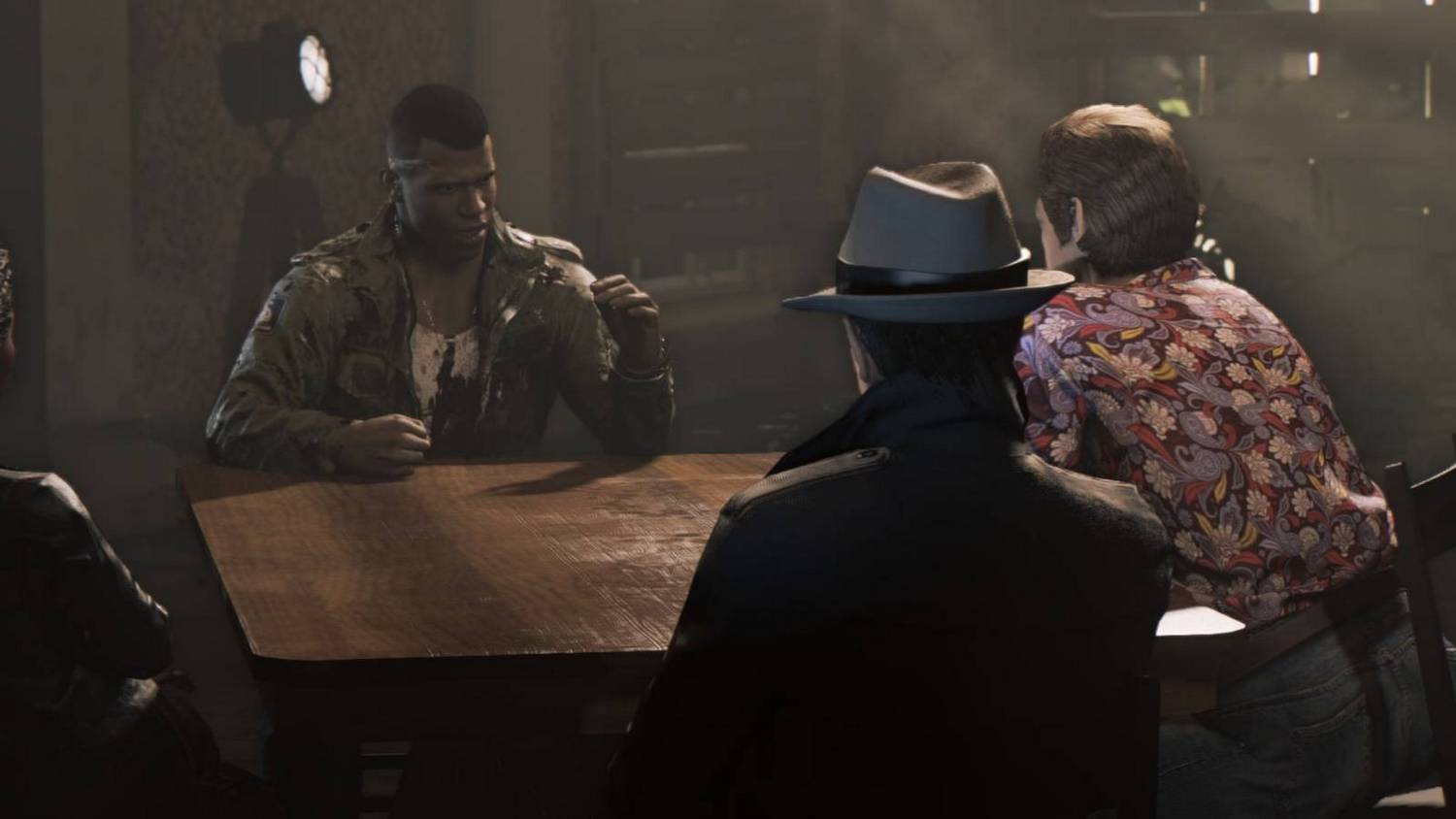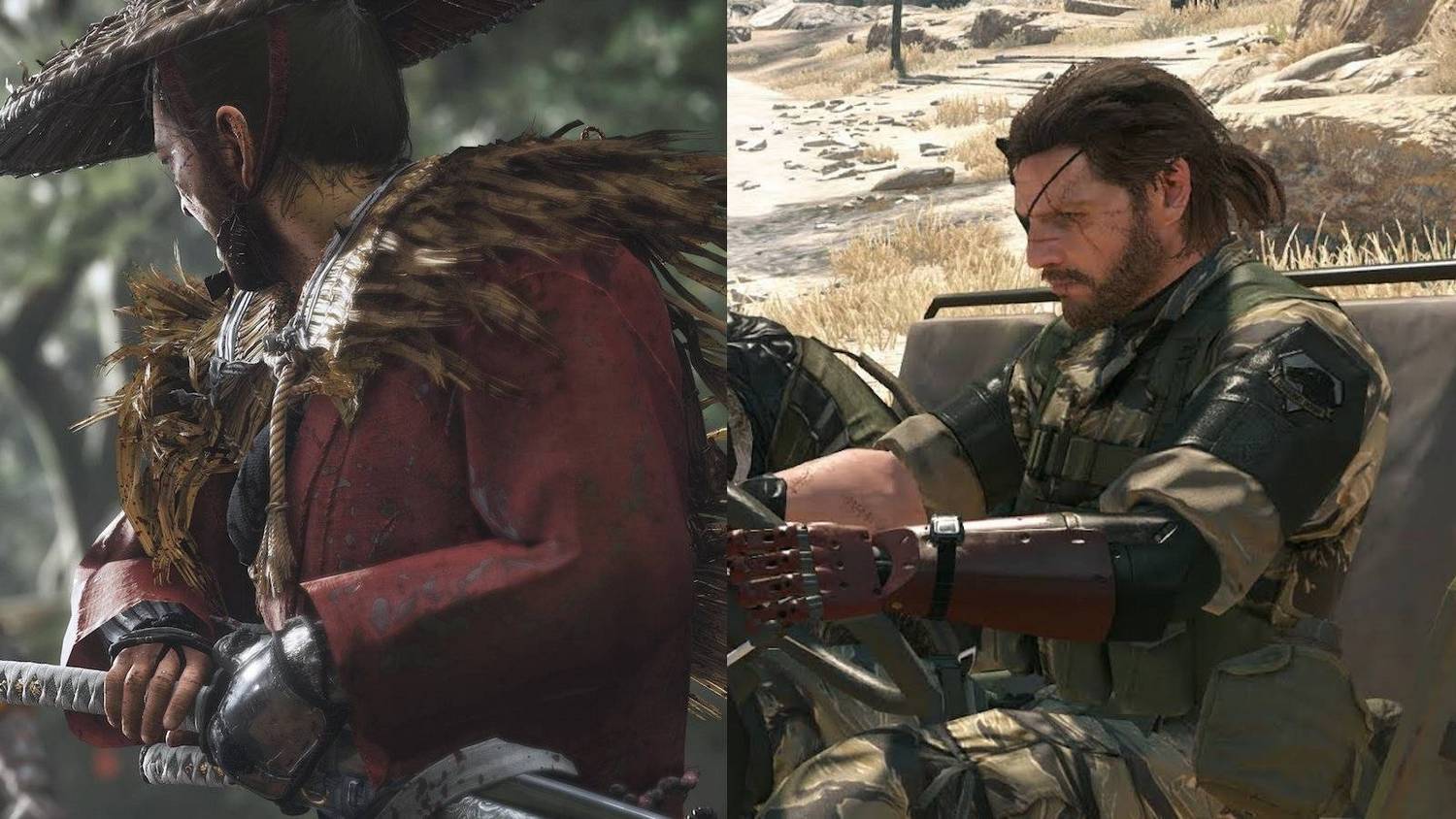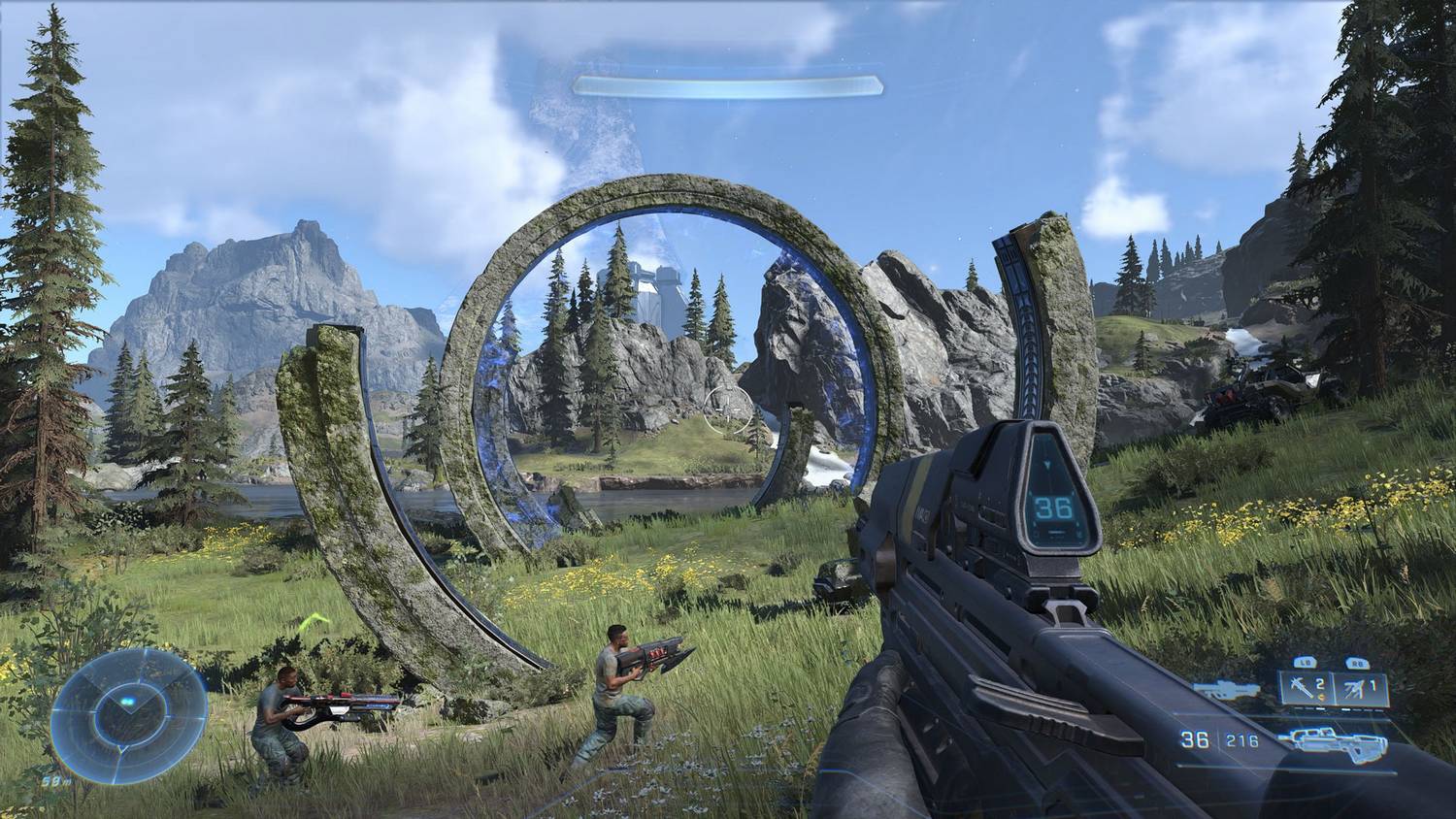NARRATIVE DOMINANCE: Open-World Games Where Story Eclipses Gameplay – The 2025 Retrospective
Popular Now
 God of War Ragnarök
God of War Ragnarök
 Rust
Rust
 The Legend of Zelda
The Legend of Zelda
 Black Myth: Wukong
Black Myth: Wukong
 Stumble Guys
Stumble Guys
 Candy Crush Saga
Candy Crush Saga
 Auto X Drift Racing 3
Auto X Drift Racing 3
 Counter-Strike 2
Counter-Strike 2
 CarX Street
CarX Street
 Roblox
Roblox  The open-world genre is a titan in the video game industry, a sector often defined by the sheer scale of its digital landscapes. However, in the pursuit of expansive maps, a curious phenomenon often occurs: the story and lore—the very heart of the experience—far surpass the mechanical fidelity of the core gameplay, especially in areas like combat, movement, or repetitive side-content. This in-depth 2025 review spotlights high-profile titles where the narrative depth and emotional impact provided the true high-value return on the player’s time investment, often despite a middling or outright frustrating interaction loop.
The open-world genre is a titan in the video game industry, a sector often defined by the sheer scale of its digital landscapes. However, in the pursuit of expansive maps, a curious phenomenon often occurs: the story and lore—the very heart of the experience—far surpass the mechanical fidelity of the core gameplay, especially in areas like combat, movement, or repetitive side-content. This in-depth 2025 review spotlights high-profile titles where the narrative depth and emotional impact provided the true high-value return on the player’s time investment, often despite a middling or outright frustrating interaction loop.
For players seeking a profound story-driven experience where the compelling characters and morally complex choices justify the cost of entry (both monetary and time), these games stand as essential, even if their “fun factor” is sometimes compromised by clunky mechanics. These titles showcase the pinnacle of video game writing, proving that a weak moment-to-moment experience cannot fully negate the power of a masterful script.
 SPOTLIGHT: The Masterpieces of Narrative Compromise
SPOTLIGHT: The Masterpieces of Narrative Compromise
We analyze three seminal open-world titles that have become synonymous with this narrative-over-mechanics debate. These are the key investment areas for gamers prioritizing plot and lore.
1. Kingdom Come: Deliverance – The Unflinching Historical Epic
Kingdom Come: Deliverance (KCD) is lauded for its uncompromising pursuit of historical realism, crafting one of the most immersive and richly detailed worlds ever seen in a historical RPG. The story of Henry, a common blacksmith’s son thrust into the turmoil of 15th-century Bohemia, is a profound, character-driven epic filled with political intrigue, societal class commentary, and deeply human moments. The main storyline and side quests are often hailed as benchmarks for interactive storytelling, featuring moral ambiguity and consequences that resonate throughout the entire world. This incredible player retention is powered by the script.
- Strong Point: Unparalleled narrative realism, deep character development, and a world where every NPC has a schedule and a life. This provides exceptional customer engagement through world-building.
- Weak Point: The core gameplay loop, particularly the first-person, physics-based sword combat system. While innovative, its steep learning curve and occasionally clunky controls were a major point of friction for many players. Early on, simply fighting bandits is a frustrating experience, often leading players to rely on bows or simply avoiding conflict until Henry’s skills are unnaturally high. The sheer difficulty of simple actions, such as picking a lock or reading a book, often detracted from the pace of the central plot.
- SEO Keywords: Historical RPG, Medieval Realism, Complex Narrative, Steep Learning Curve, Physics-Based Combat.
2. Fallout: New Vegas – The RPG Benchmark with Dated Mechanics
Often considered the narrative zenith of the modern Post-Apocalyptic RPG genre, Fallout: New Vegas presents a masterclass in branching pathways, political faction choices, and character dialogue. Obsidian Entertainment delivered a tightly written plot centered around a simple courier’s assassination attempt that blossoms into a war for control of the Mojave Wasteland. The script, side quests, and the moral decision-making are complex, rewarding, and consistently surprising. This is the definition of a high-search volume narrative.
- Strong Point: Arguably the best quest design in the open-world genre. The narrative gives the player true agency, with four distinct main endings and countless variations based on companion relationships and faction standing. The quality of writing is a major competitive advantage.
- Weak Point: Inheriting the engine and many of the core mechanics from the older Fallout 3, the first-person shooting and movement feel significantly outdated by 2025 standards. The combat is often stiff, unengaging, and relies heavily on the V.A.T.S. system to mask sub-par gunplay. This mechanical deficiency is the primary critique against an otherwise near-perfect RPG.
- SEO Keywords: Post-Apocalyptic RPG, Faction Choices, Dialogue Trees, Sub-Par Gunplay, Masterful Writing.
3. Death Stranding – A Unique Vision That Sacrificed Action
Hideo Kojima’s “Social Strand System” title, Death Stranding, is a fascinating case study. It delivers one of the most bizarre, intricate, and deeply emotional sci-fi narratives of the decade. The story of Sam Porter Bridges (a gig economy courier in a post-apocalyptic America) attempting to “reconnect” a fractured nation is dense with lore, compelling cinematography, and powerful themes of connection and isolation. The narrative provides immense long-tail content for analysis and discussion.
- Strong Point: An incredibly original, thought-provoking story about humanity, technology, and loss. The world design is hauntingly beautiful, and the cutscenes and character performances are cinematic quality. The themes are emotionally complex, driving the player forward out of sheer curiosity.
- Weak Point: The central gameplay loop is, by design, a delivery simulator. The “game” involves managing Sam’s balance, inventory, and equipment to traverse difficult, often monotonous terrain. While this “walking simulator” aspect is integral to the game’s theme, it is mechanically simple and often repetitive, leading many action-oriented players to drop the title despite the compelling narrative hook. The combat, when it occurs, is functional but not the core strength of the experience.
- SEO Keywords: Social Strand System, Walking Simulator, Sci-Fi Epic, Delivery Gameplay, Cinematic Storytelling, Emotional Themes.
 Other Notable Mentions: High CPC Titles with Narrative Focus
Other Notable Mentions: High CPC Titles with Narrative Focus
Several other games fit this mold, where the sheer quality of the writing or world-building allows players to overlook mechanical flaws, offering strong CPC (Cost Per Click/Conversion) value in terms of player engagement:
- The Elder Scrolls V: Skyrim: A cultural phenomenon with a massive, beloved world and lore. The mainline story and countless side tales are legendary, yet the third-person combat and magic systems are notoriously shallow and clunky, leading most to rely on the simpler, often broken, stealth-archer build to maximize utility.
- Dragon Age: Inquisition: BioWare’s commitment to rich character dialogue, companion interaction, and a classic fantasy RPG story is its core strength. However, the game’s open-world zones often feature repetitive fetch quests and a bloated, occasionally tedious combat system that encourages tactical mode to compensate for clumsy real-time controls.
- Final Fantasy XV: A visually stunning JRPG with a powerful, emotional story about brotherhood and destiny. The open world itself, while beautiful, felt sparse, and its real-time action combat was often criticized as shallow and “spammy,” lacking the depth expected from the franchise. The main story’s conclusion is what most players remember, not the hunt grinding.
The 2025 Market Takeaway: Prioritizing the Soul of the Game
In a market saturated with open-world titles, the games that succeed in this unique category do so by prioritizing the human element—character, dialogue, and ethical choice—over mechanical novelty. They prove that a truly great story acts as an anchor, keeping the player invested even when the act of “playing the game” feels like a chore. For consumers, the message is clear: when searching for your next open-world investment, look for the titles lauded for their writing, even if the review scores mention a “clunky” or “dated” feeling. The ROI (Return on Investment) in narrative quality in these cases is exceptionally high, offering memorable experiences that last long after the final credits roll.









 SPOTLIGHT: The Masterpieces of Narrative Compromise
SPOTLIGHT: The Masterpieces of Narrative Compromise Other Notable Mentions: High CPC Titles with Narrative Focus
Other Notable Mentions: High CPC Titles with Narrative Focus